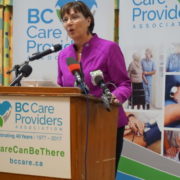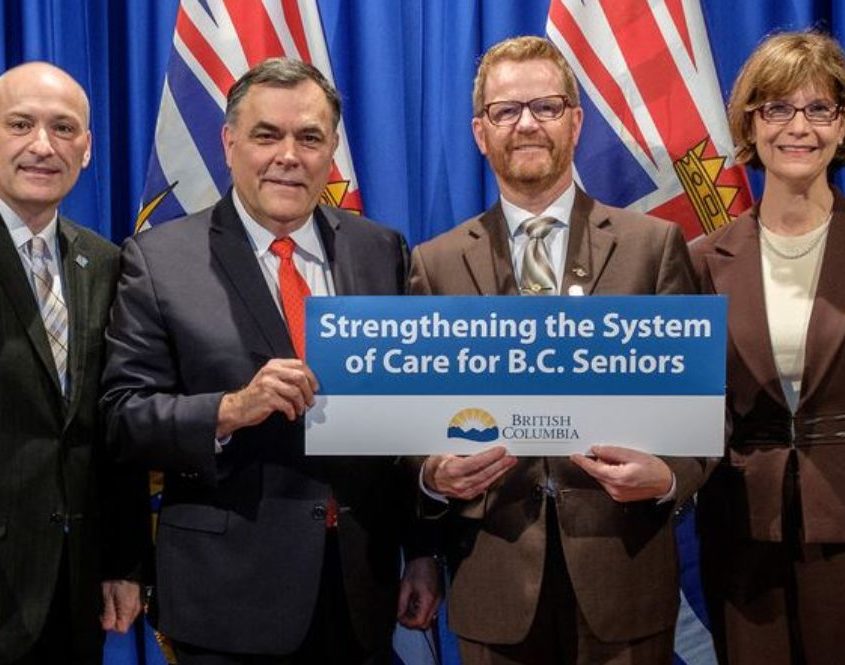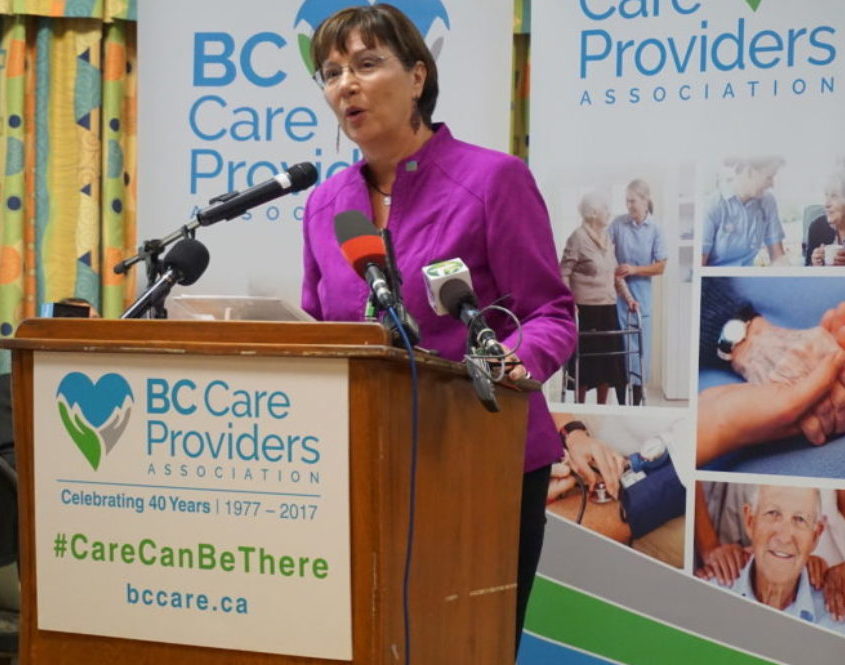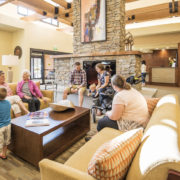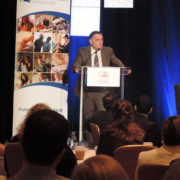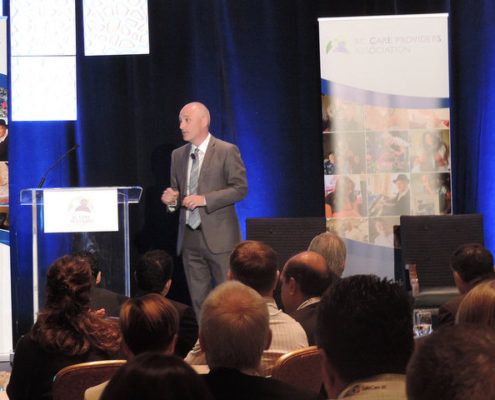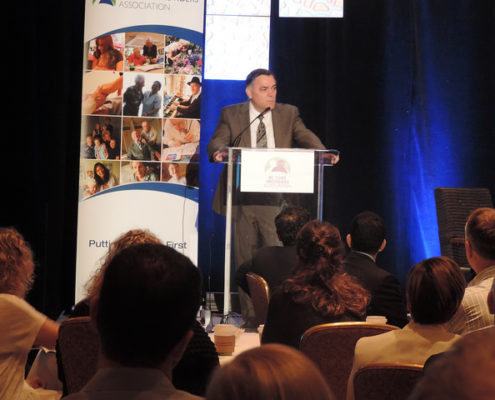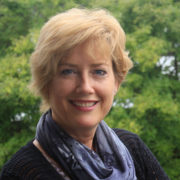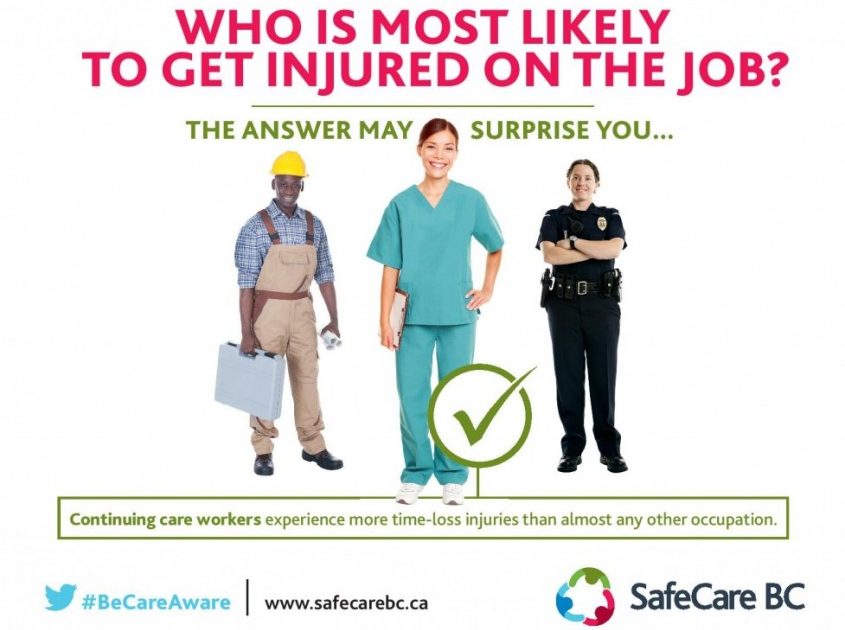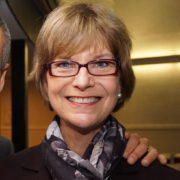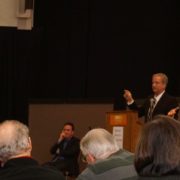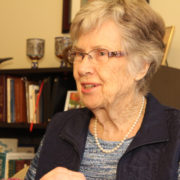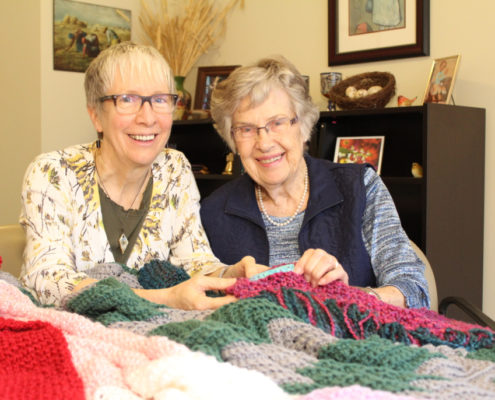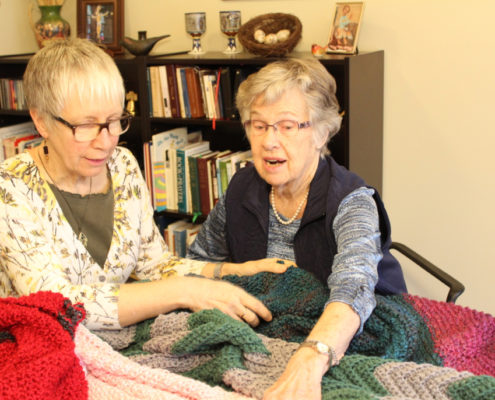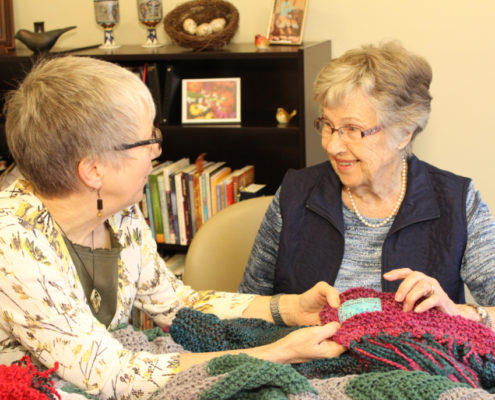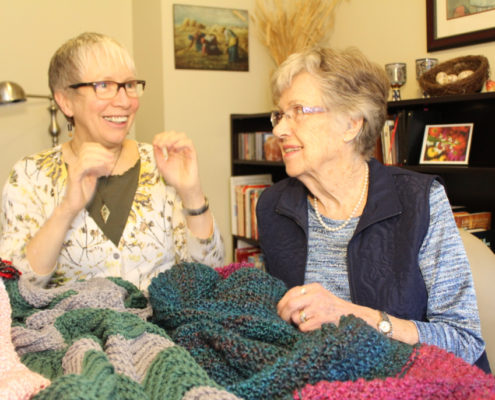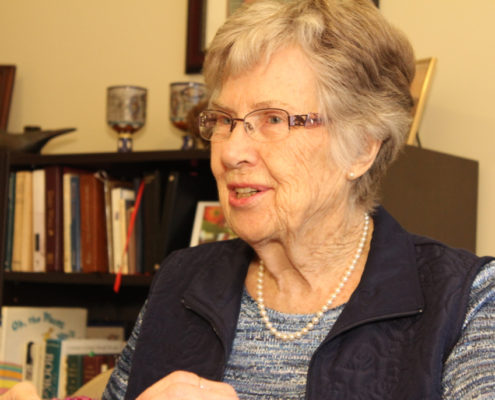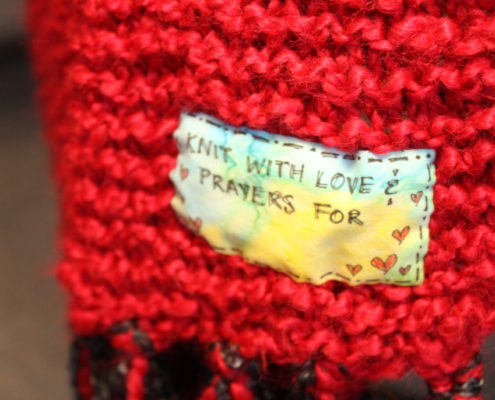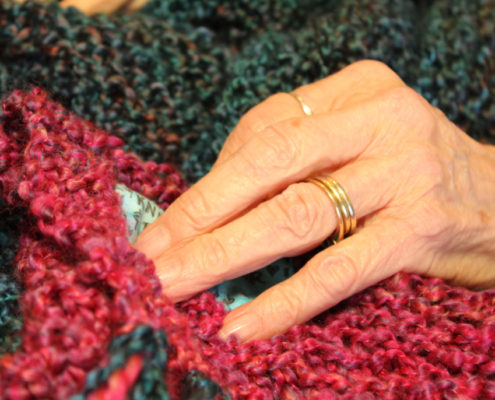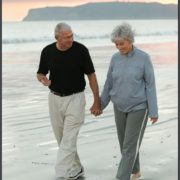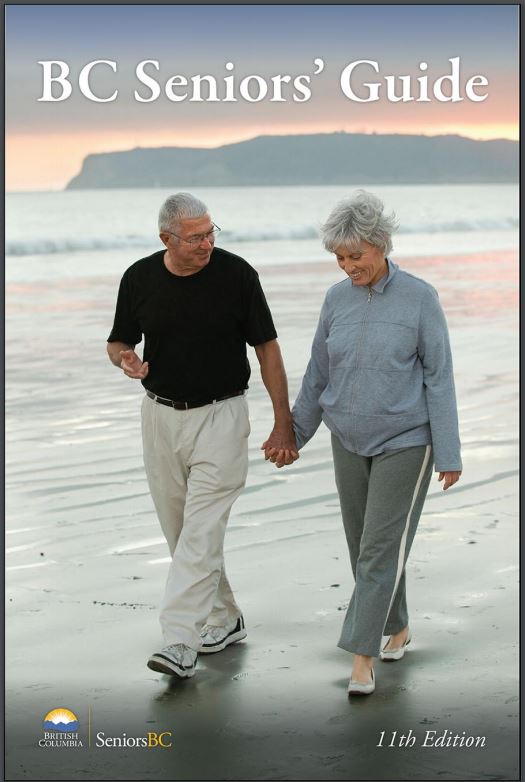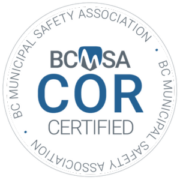What if life were like a drive-through restaurant and we could order up a “new lease on life”? Would you be interested in ordering one for yourself this year?
I’m not sure where you go to order up a lease for happy, renewed energy in life, but I know that I’ve seen them here handed out here on our campus of care for seniors.
In general, elderly seniors are not expecting a new lease on life. Many of them have lived full and meaningful lives that feel “complete”. They have invested in people, in relationships, in travel, in adventure, in love, in ministry and careers. They have lived full and meaningful lives and may not feel like they need or deserve a new lease on life.
When hardship comes upon them in old age, it’s both expected and shocking. They’ve seen their friends and loved ones suffer from disease, from pain and loss. They know it’s “out there”, but when it comes home to them, it comes as a surprise and a challenge.
And yet, even in this surprising hardship there are stories of elderly seniors who are experiencing a new lease on life. This too, takes them by surprise as they see how God is giving them hope and joy. Sometimes, it’s a crisis that brings them into a new lease on life. Sometimes, it just “sneaks up on them”.
One senior came to live in the apartments at Menno Place because he was exhausted. He cared for his wife for many years and had run out of energy. After she passed away, he didn’t have the capacity to carry on by himself. He didn’t know how to cook and didn’t want to learn. All he wanted was to sit on his chair and watch the geese fly by, watch the sun rise and sit and watch the leaves turn red and fall from the trees. He needed to rest – and rest he did. It took two years for him to feel rested.
In his new home he formed new friendships, learned of others’ stories of care and grief. He felt supported by his new friends and joined a Bible Study. The chaplain asked him to lead the Bible Study from time to time and he did. He started to enjoy himself. He found a new rhythm.
Suddenly, one day, he had the thought, “this is a new lease on life”… a new era, a hopefulness that was unexpected after the dark days. He said this all with a smile of contentment. It had snuck up on him. He was surprised and satisfied with his new realization. He was experiencing a new lease on life.
Not everyone would expect that moving onto a campus of care could give a new lease on life, but it is a common experience for seniors. After struggling with increasing needs, they finally land in a place where their needs are met with dignity and kindness.
Caregivers can also find a new lease on life after their spouse passes away. For years, they devout themselves to their vow to love “in sickness”. Daily they serve and visit with a spouse who may no longer remember them, who may have incredible chronic pain or who is suffering the effects of debilitating illness. One day, their loved one breathes their last and sorrow is mixed with relief. The suffering is over.
Can a new life begin for that caregiver? Is it possible to find a new lease on life as a widow or widower?
I know from my many conversations with seniors that there is profound guilt at carrying on after a loved one has passed away. There can be a sense that their loved one didn’t “deserve” their hardships and a deep desire to transfer the pain to oneself. And yet, they could not take on the pain or suffering. Their love and support for their spouse is all that can be done. And when the spouse passes away, is there a possibility of a new lease on life?
On our campus, there are deep friendships among the widowers who have cared for ailing spouses. They share their stories, but they don’t need to. Sometimes one sentence is all that they need to connect. They understand each other’s lives. They have lived the same dedications, the same stresses, the same undying love. And now, these friendships with their depth of understanding are a gift – a new lease on life.
Jesus, in His kindness looks at His created people with compassion – the young and the old. He looks over the crowds and feels kindness and understanding. He sees that we are like sheep without a shepherd. He knows that we need His love and His guidance, no matter what our age. He knows that we need full and meaningful lives – He promises us to give us abundance in our lives, even more than we can dream of. (John 10)
And yet, those who spend their lives trusting in God for their hope and strength are often guided by Him through a “dark night of the soul”. This is a time where spiritual strength feels like spiritual weakness, where understanding of God and His ways is unclear, foggy or confusing. It is a time of sorrow mixed with joy – a time where God feels distant or even absent.
And out of this dark night of the soul, seniors testify to a new lease on spiritual life. It’s a slow renewal as God guides us through doubt and into faith. It’s a time when we rely on the community of believers to be strength for us when we can’t find it within. It’s a time of incredible awareness of our own weakness and need for others and for God. This is the testing of our faith (1 Peter 1:6-9). Through this comes perseverance and inexpressible joy. A spiritual new lease on life!
This joy… this is the abundance of life promised. Joy in suffering. Peace in confusion. Hope in hardship. Love and understanding from the community around us. It is difficult to thank these people or God for the support because words don’t convey a fraction of our hearts.
So, what is a new lease on life? Is it a feeling? Is it a circumstance? Is it both?
It’s a person or situation that makes someone happy or healthy or gives them new energy. A new lease on life doesn’t somehow magically balance the prior hardship to erase or dismiss the past. It doesn’t forget the journey and the suffering. A new lease on life is an injection of hope. It’s an injection of joy. It’s an injection of peace.
Perhaps the hardest part of embracing a new lease on life is recognizing that it can happen in ways that are unfamiliar to us, like moving onto a campus of care, receiving help from a homecare giver or even going through the “dark night of the soul”.
So, if life were like a drive-through restaurant and you could order up a “new lease on life” this year, would you do it?
Sharon Simpson is the Director, Communications and Stakeholder Engagement at Menno Place

